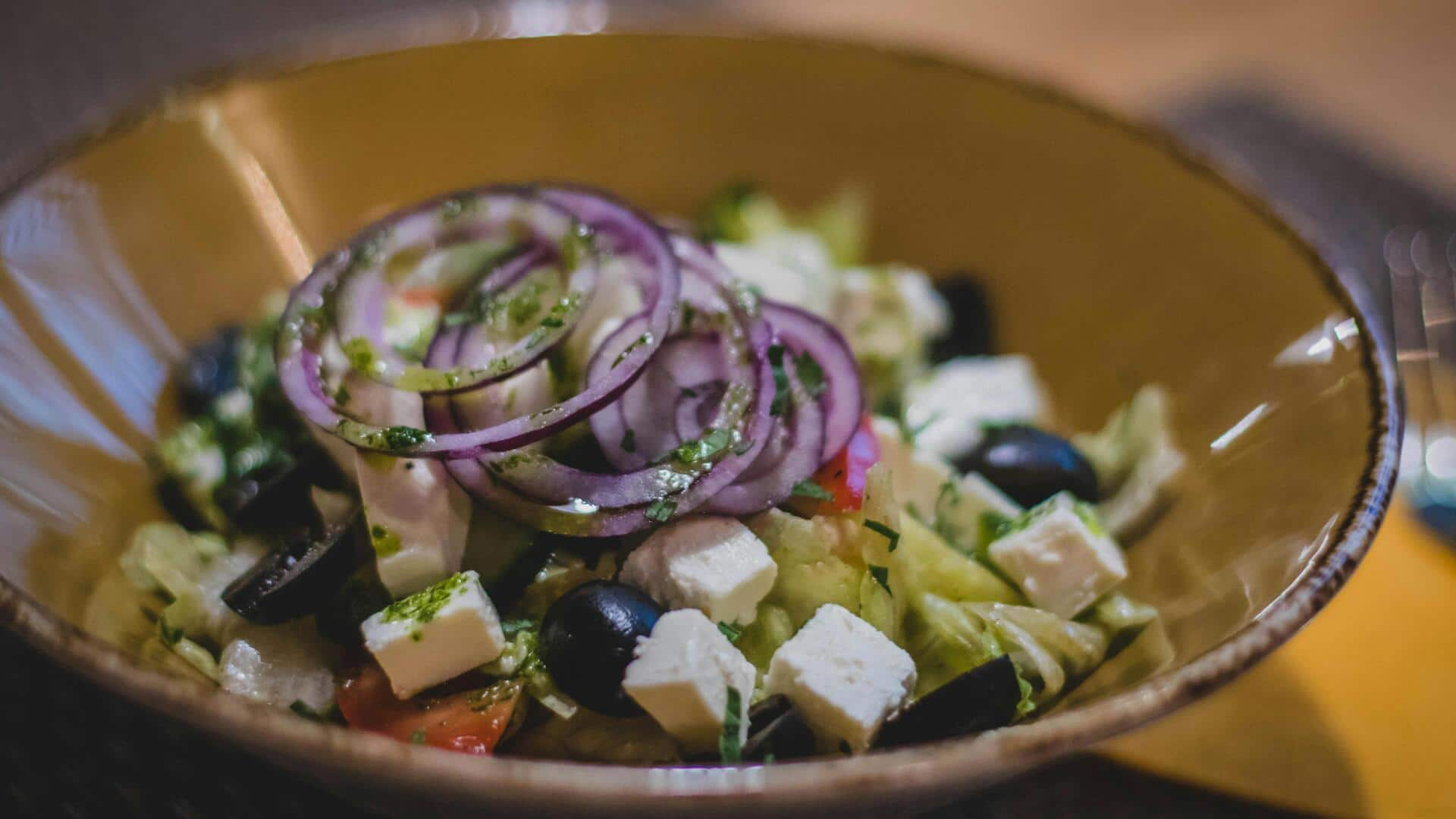
Why Greek olive harvesting hasn't changed in centuries
What's the story
Greek olive harvesting is a centuries-old tradition, one that is steeped in culture and history. The practice has been passed down through generations, with traditional tools and techniques still being used today. These methods not only preserve the quality of olives but also maintain the integrity of the environment. Here, we take a look at the age-old practices that define Greek olive harvesting, exploring its significance and the techniques that have stood the test of time.
Handpicking
The art of handpicking olives
Handpicking is the most common method of harvesting olives in Greece. This method ensures that only ripe olives are picked while preventing damage to the tree and unripe fruits. Harvesters use nets spread beneath trees to catch falling olives, minimizing waste. This labor-intensive process requires skill and patience, ensuring only the best-quality olives make it to the press.
Tools
Traditional tools still in use
Despite modern advancements, many Greek farmers still rely on traditional tools for olive harvesting. Long poles with hooks help shake branches gently to dislodge ripe fruit without harming the tree. Rakes with soft bristles are used to sweep fallen olives into piles for collection. These simple yet effective tools reflect a deep respect for nature and sustainable practices.
Festivals
Community-driven harvest festivals
Olive harvesting in Greece is often a community affair, celebrated through local festivals. These events bring together families and neighbors to work side by side, fostering a sense of unity and tradition. Participants share meals made from locally sourced ingredients, reinforcing community bonds while honoring their agricultural heritage.
Sustainability
Environmental benefits of traditional practices
Traditional olive harvesting methods also have a positive impact on the environment. By avoiding heavy machinery, soil compaction is minimized, which helps preserve the ecosystem of olive groves. The use of natural processes promotes biodiversity and protects habitats within these areas. Sustainable practices ensure that future generations can continue enjoying this vital part of Greek culture.